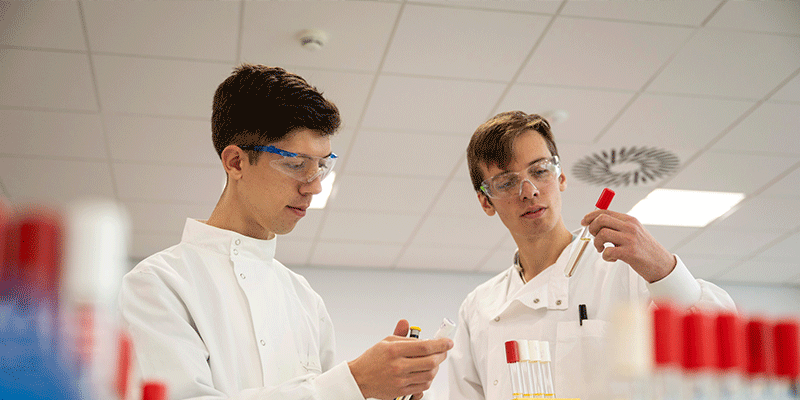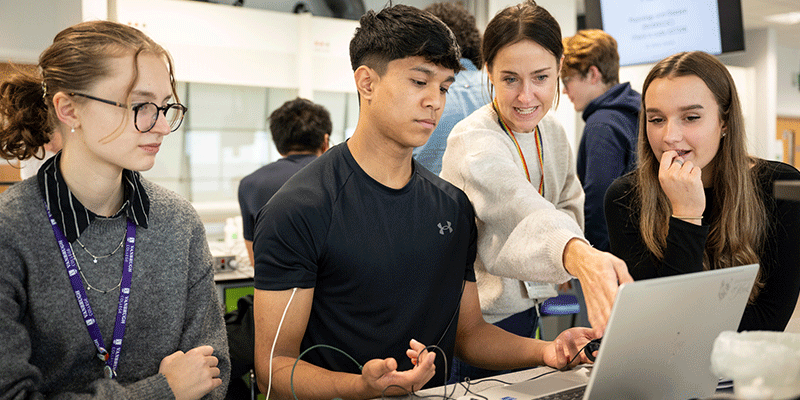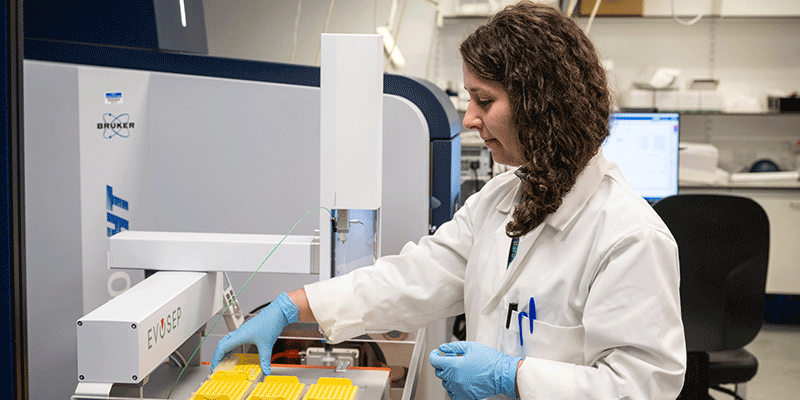| Length | Start dates (semester dates) | |
|---|---|---|
| PhD |
3-4 years full-time |
January |
|
PhD (Distance Learning) |
3-4 years full-time |
January |
Biological research has a critical role to play in securing a sustainable future. Our interdisciplinary research contributes to solutions for three major global challenges - health and disease, sustainable food and fuel, and environmental change.
Every step of our research is carried out with the help of our postgraduate students. No matter which area of biology you specialise in, you will be working alongside some of the world’s biggest names in their respective fields, at the forefront of scientific exploration.
Your research
A PhD thesis can be up to 80,000 words long and must contain a substantial original contribution to scientific knowledge or understanding.
This will be assessed by internal and external examiners, who will feed back on your work, and may require corrections. You will sit a final oral examination, known as a viva, within three months of submitting your thesis.








